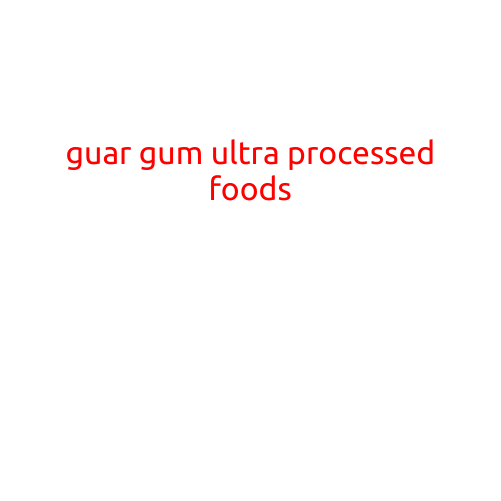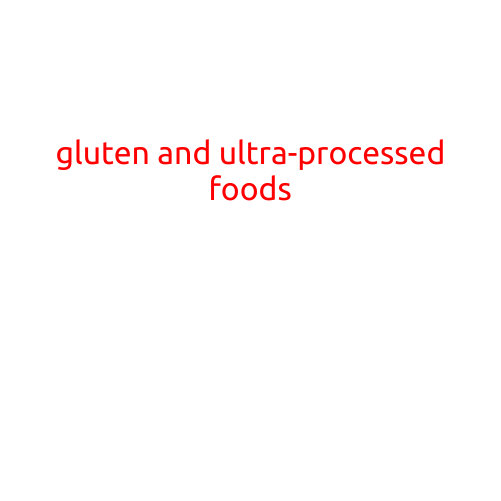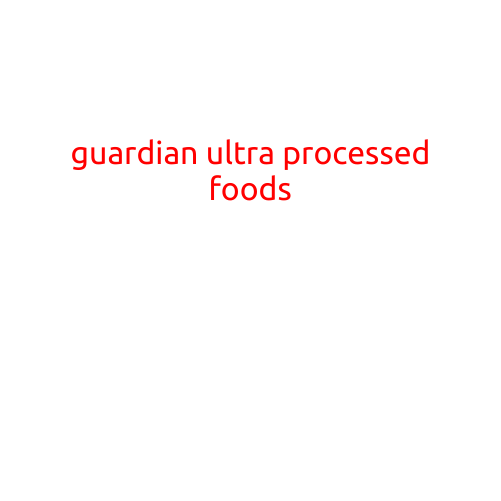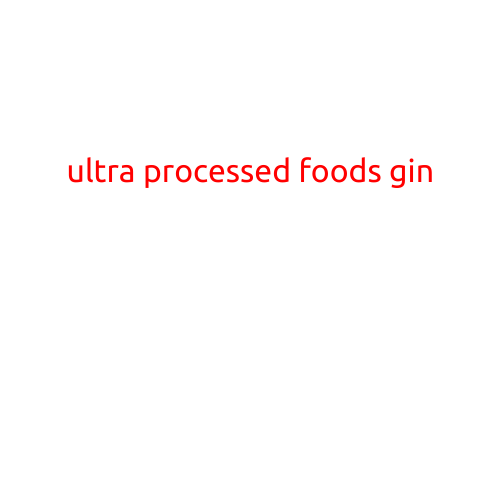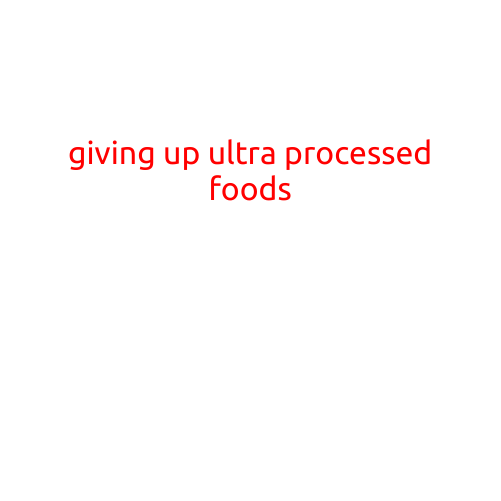
Giving Up Ultra-Processed Foods: A Guide to a Healthier Lifestyle
In recent years, there has been a growing awareness of the negative impact that ultra-processed foods can have on our health. These foods, which are often high in added sugars, salt, and unhealthy fats, can increase our risk of chronic diseases such as heart disease, type 2 diabetes, and obesity. Fortunately, giving up ultra-processed foods is easier than you might think, and the benefits to your health and well-being can be significant. In this article, we’ll explore the reasons why you should consider giving up ultra-processed foods, and provide tips and strategies to help you do so.
What are Ultra-Processed Foods?
Ultra-processed foods are foods that have been highly processed and altered from their natural state. They are often made from a combination of ingredients, including added sugars, refined grains, and unhealthy fats, and may contain artificial preservatives, colors, and flavors. Examples of ultra-processed foods include:
- Packaged snacks, such as chips, crackers, and cookies
- Ready-to-eat meals, such as TV dinners and frozen pizzas
- Sugary drinks, such as soda and sports drinks
- Baked goods, such as pastries and cakes
- Breakfast cereals
The Risks of Ultra-Processed Foods
Consuming ultra-processed foods has been linked to a range of negative health outcomes, including:
- Increased risk of heart disease and stroke
- Higher risk of type 2 diabetes and weight gain
- Increased risk of certain cancers, such as colon and breast cancer
- Negative impact on gut health and mental well-being
Why Give Up Ultra-Processed Foods?
Giving up ultra-processed foods can have a significant impact on your health and well-being. By avoiding these foods, you can:
- Reduce your risk of chronic diseases
- Improve your digestive health and reduce symptoms of irritable bowel syndrome (IBS)
- Lower your risk of depression and anxiety
- Improve your skin health and reduce the signs of aging
- Boost your energy levels and improve your overall mood
Tips for Giving Up Ultra-Processed Foods
Giving up ultra-processed foods can be challenging, but with the right strategies and support, it can be easier than you might think. Here are some tips to help you get started:
- Start by reading food labels: Become familiar with the ingredients and nutritional information on food labels. Avoid foods that contain added sugars, refined grains, and unhealthy fats.
- Plan your meals: Take the time to plan out your meals for the week. This can help you avoid relying on convenience foods and fast food.
- Cook from scratch: Cooking from scratch can be a great way to ensure that you’re consuming whole, unprocessed foods. Try cooking meals like stir-fries, soups, and salads.
- Shop the perimeter of the grocery store: The healthy foods are often found on the perimeter of the grocery store, such as produce, meats, and dairy products. Avoid the middle aisles, where processed foods are typically found.
- Find healthy alternatives: Instead of reaching for processed snacks, try finding healthy alternatives like fruits, nuts, and seeds.
- Be kind to yourself: Giving up ultra-processed foods can be challenging, but don’t be too hard on yourself if you slip up. Get back on track and focus on your overall progress.
Conclusion
Giving up ultra-processed foods can be a major step towards a healthier lifestyle. By understanding the risks associated with these foods and implementing the strategies outlined above, you can start to make healthier choices and improve your overall health and well-being. Remember, it’s all about making progress, not perfection. With time and practice, you can develop healthier habits and a healthier relationship with food.
